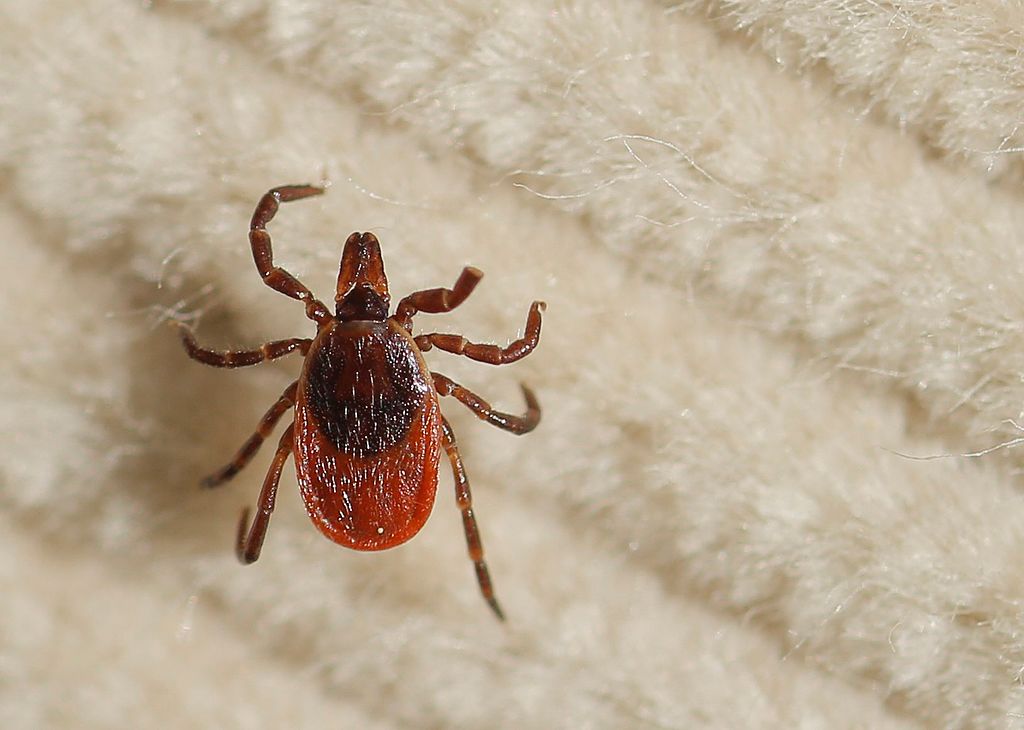
A Maine resident has died from the Powassan virus, a rare tick-borne illness, Maine’s Centers for Disease Control confirmed on Wednesday.
The individual, who was likely infected in the state, developed neurologic symptoms and died while in the hospital, according to Maine’s CDC.
This is the state’s first case of Powassan virus this year. In 2022, two individuals died from the illness, making this the third recorded Powassan death in Maine since 2015.
Read More: Ticks Carry More Diseases Than Just Lyme. Here’s What You Need to Know
Like Lyme disease, which the CDC says impacts over 400,000 Americans each year, the disease is caused by a virus transmitted through ticks. Many people who contract the Powassan virus do not experience any symptoms.
Though only a handful of cases are reported every year in the U.S., the rare virus can be deadly. About 15% percent of cases are fatal, according to the Maine CDC. About half of the people who survive severe infection have long-term health problems.
The disease can take up to a month to incubate before symptoms like fever, headache, vomiting, seizures, or memory loss appear. Some people may experience serious neurologic problems, like brain or spinal cord inflammation, and the virus can cause encephalitis, an infection of the brain, or meningitis, which affects the membranes around the brain and spinal cord.
Powassan virus can be transmitted through the bite of an infected deer tick or woodchuck tick. The virus was first identified in 1958 and was first found in deer ticks, which bite humans and also carry Lyme disease, in the mid-1990s. Most cases have occurred in the northeastern and Great Lakes regions during tick season from late spring through mid-fall.
There are no effective antibiotics or antivirals to treat the disease, and the CDC recommends rest, fluids, and over-the-counter pain medications for cases that don’t require hospitalization.
To stay safe during tick season, the CDC recommends wearing insect repellant when spending time in areas where ticks are present, inspecting clothing and skin afterward, bathing or showering upon returning home, and regularly inspecting pets who have been outdoors.
More Must-Reads from TIME
- Cybersecurity Experts Are Sounding the Alarm on DOGE
- Meet the 2025 Women of the Year
- The Harsh Truth About Disability Inclusion
- Why Do More Young Adults Have Cancer?
- Colman Domingo Leads With Radical Love
- How to Get Better at Doing Things Alone
- Michelle Zauner Stares Down the Darkness
Write to Simmone Shah at simmone.shah@time.com